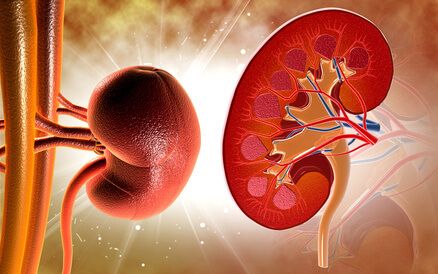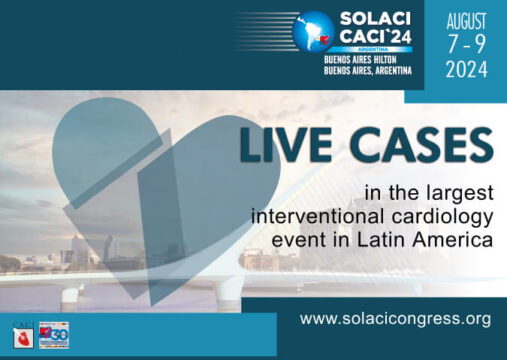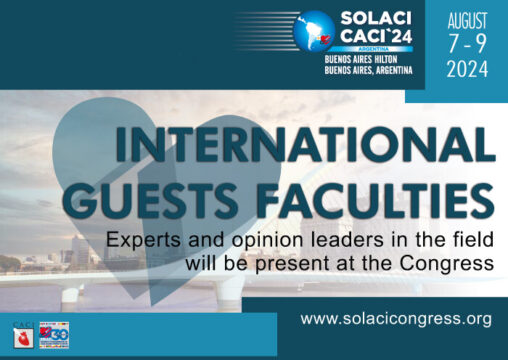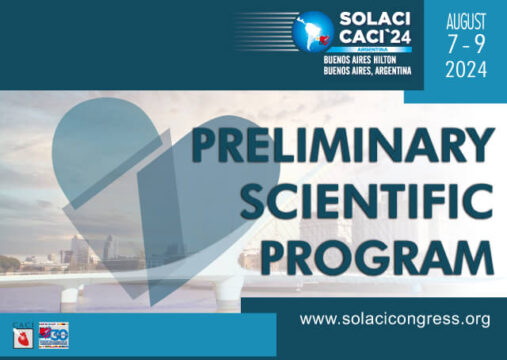Short dual antiplatelet therapy (DAPT) has shown benefits in patients receiving drug eluting stents (DES), reducing bleeding with no concomitant increase in major adverse cardiovascular events (MACE).

Traditionally, the therapeutic window was limited to monotherapy with P2Y12 inhibitors during the first year and there are few data on short DAPT followed by long term monotherapy with P2Y12 inhibitors (aspirin currently being the preferred antiaggregant), However, prior meta-analysis suggest prolonged monotherapy with P2Y12 inhibitors might reduce MACE with no increase in bleeding risk.
The STOPDAPT-2, an open multicenter trial carried out in Japan after PCI with the Xience stent, showed that clopidogrel monotherapy after one month DAPT significantly reduced major bleeding with no increase in cardiovascular events at one year. Patients receiving P2Y12 inhibitor monotherapy continued with clopidogrel therapy beyond 12 months, while patients receiving conventional DAPT were prescribed aspirin. The current update looks at 5-year followup outcomes.
Primary end point was the presence of net clinical adverse events (NACE), defined as a composite of cardiovascular events (cardiovascular death, myocardial infarction, stent thrombosis, stroke) and TIMI score bleeding events.
Read also: Use of Apixaban and Post TAVR Valve Thrombosis.
From December 2015 to December 2017, the study included 3005 patients, with 97.3% completion rate for clopidogrel and 97.9% for aspirin at 5 years. Mean age was 68 ± 10.7, 22.3% were women and 38.3% had acute coronary syndrome. In the clopidogrel arm, 92.7% of DAPT patients changed to monotherapy 60 days after PCI, and at 395 days, 84.7% were still in treatment, a trend that was maintained at 5 years. In the aspirin group, 89.1% received DAPT at 335 days and maintained prolonged antiaggregation with aspirin (>80%) at followup beyond 2 years and up to 5.
At 5 years, 170 patients in the clopidogrel group and 199 patients in the aspirin group experienced MACE. Monotherapy with clopidogrel resulted non-inferior vs aspirin, but did not result superior either (11.75% and 13.57%, respectively, HR: 0.85; CI 95%: 0.70-1.05; P non inferiority < 0.001; P superiority = 0.13). Clopidogrel resulted superior to aspirin as regards secondary major cardiovascular events (8.61% and 11.05%; HR: 0.77; CI95%: 0.61-0.97; P non inferiority < 0.001; P superiority = 0.03), mainly due to a reduction in acute MI and ischemic stroke. The accumulated incidence of major bleeding events did not differ between the strategies (4.44% and 4.92%; HR: 0.89; CI95%: 0.64-1.25; P = 0.51).
Read also: Intramural Hematoma.
One year later, a landmark NACE analysis was carried out, which showed clopidogrel was neither inferior nor superior to aspirin for the primary end point (9.57% and 10.05%; HR: 0.95; CI95%: 0.75-1.20; P non inferiority 0.001; P superiority = 0.66). Clopidogrel was numerically superior, though not statistically significant, for secondary cardiovascular events (6.79% and 8.68%; HR: 0.77; CI95%: 0.59-1.01; P = 0.06), with a benefit driven mainly by reduced MI (HR: 0.61; CI95%: 0.40-0.92; P = 0.02) with no difference in bleeding.
Conclusions
Clopidogrel monotherapy after one year resulted non-inferior to aspirin (though not reaching superiority) for the net composite of NACE after one year. When looking at secondary events separately, clopidogrel turned out to be numerically superior to aspirin (with no statistical superiority) and did not present differences in bleeding.

Dr. Omar Tupayachi.
Member of the Editorial Board of SOLACI.org.
Original Title: Clopidogrel vs Aspirin Monotherapy Beyond 1 Year After Percutaneous Coronary Intervention.
Reference: Watanabe, H, Morimoto, T, Natsuaki, M. et al. Clopidogrel vs Aspirin Monotherapy Beyond 1 Year After Percutaneous Coronary Intervention. J Am Coll Cardiol. 2024 Jan, 83 (1) 17–31. https://doi.org/10.1016/j.jacc.2023.10.013.
Subscribe to our weekly newsletter
Get the latest scientific articles on interventional cardiology





